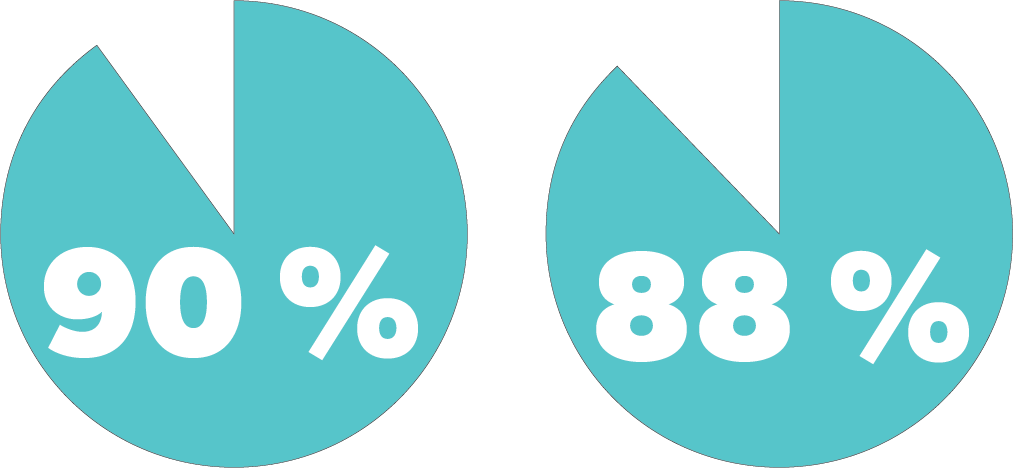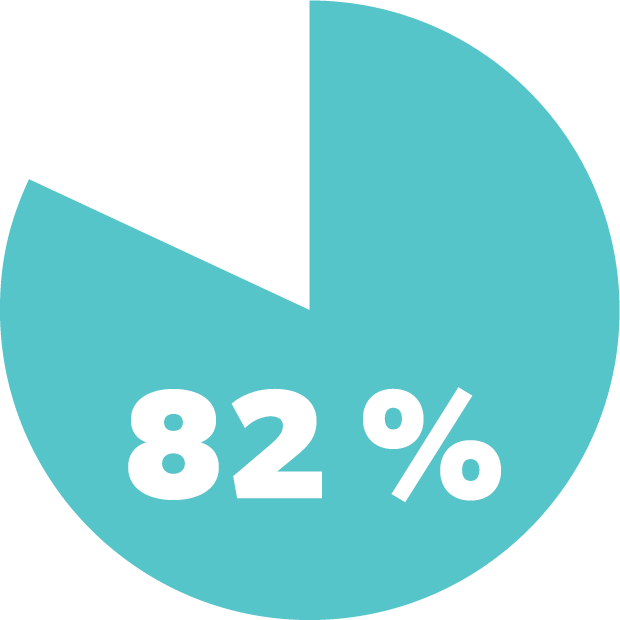3.10.2022
Still plenty of jobs for graduates
Every year, Finnish universities conduct a Career Monitoring survey. Universities send out questionnaires to their alumni, specifically those who graduated one and five years ago. The surveys go out in the autumn, and in October it’s that time again, so if you get one of these surveys sent to you, it would be nice, but above all, important, if you filled it in.
“The surveys are considered vital, to the degree that the Ministry of Education and Culture has decided that the answers to six specific questions in the survey ‘Masters 5 years after graduation’ have a direct impact on the funding of universities,” says Matias Erlund, coordinator at Career Services.
The answers received are being analysed at Åbo Akademi University by Career Services, and a report will be produced. The latest report, written in Swedish, and those that came before, can be accessed on this page. All data collected by the survey over the years is available to create reports from in Vipunen, the statistics service of the Education Administration. The reports in Vipunen are available in English, Swedish and Finnish.
New approach puts faculties in focus
At a small university, it quickly becomes difficult to make statistically relevant comparisons. If a department has, say, eight graduates in a year, each individual alumnus corresponds to 12.5 percentage points. If only half respond to the survey, each individual response is “worth” 25 percentage points. That quickly adds up to big throws in the results. The anonymity of the respondents must of course also be respected.
“I hope the reader will note that there can sometimes be large jumps in the percentages. In several analyses, we merge survey data from several years in order to analyse smaller units, but still have enough respondents,” says Erlund.
But comparisons are still needed. This year’s report therefore has a partially new format, with some parts of the analysis presented by faculty. Reactions from the field have been positive.
“It is always more interesting to read a report where the units are as close to the reader’s own educational programme as possible. For the open comments, we have also indicated the main subject, after an edit in which we anonymised them,” says Erlund.
Plenty of jobs after graduation
As in previous surveys, Åbo Akademi University alumni continue to do well in the labour market. The latest survey was conducted in the autumn of 2021 and the corona pandemic has not significantly affected the employment rate, but Åbo Akademi University also does not train specifically for the industries that have been most affected, such as tourism or the restaurant industry. Among 2020 graduates, 90% are employed full or part-time at the time of the survey (autumn 2021). For those who graduated in 2016, the corresponding figure is 88%.

Compared to the Finnish average, many ÅAU alumni emigrate after graduation. The majority of alumni have Swedish as their first or second language, which opens up the labour markets of the other Nordic countries.
“The figures show that the labour market is international, or especially Nordic. The majority of those who move abroad for jobs move to a Nordic country, mainly Sweden where there is a large labour market in Swedish. Jobs with high demands on Finnish language skills can cause difficulties for both our domestic and international students,” says Erlund.
The education is appreciated, especially the practical part
The survey asks, among other things, how graduates feel about their time as a student, with an emphasis on teaching and studies, and how well they feel their studies have prepared them for working life.
The fact that studies allow, and in some cases even require, work experience is something that graduates highlight as extremely positive. A large proportion, 82%, say that their internship helped them both in their job search and then also in the actual workplace.

This is how one graduate sums up their thoughts on the usefulness of the internship: “Good, especially the internships during my studies have prepared me for tasks that I have so far encountered in working life. And the internships also gave me an early foothold in the labour market.”
Survey responses are available online
For those who want to dive into the collected data of the survey, Vipunen is at your service. Via the “Career Monitoring” page, you can click through to figures and comparisons.
It is worth noting that there are two main presentation options. The top two links to Master’s and PhD degrees open up a rather cumbersome view, while the lower ones, grouped under “Visualisations”, may be perceived as more digestible. Those interested will simply have to test what they find best.
The data in Vipunen is national, going back to the survey conducted in 2017. It is therefore possible, for example, to compare Åbo Akademi University alumni with the national averages, or with one or more other Finnish universities.
